Huawei targets ‘intelligent industrial transformation’ with AI-ready infrastructure
As the spread of Industry 4.0 continues, powered by next-generation technologies like AI and 5G, Huawei thinks it can help accelerate the intelligent industrial transformation
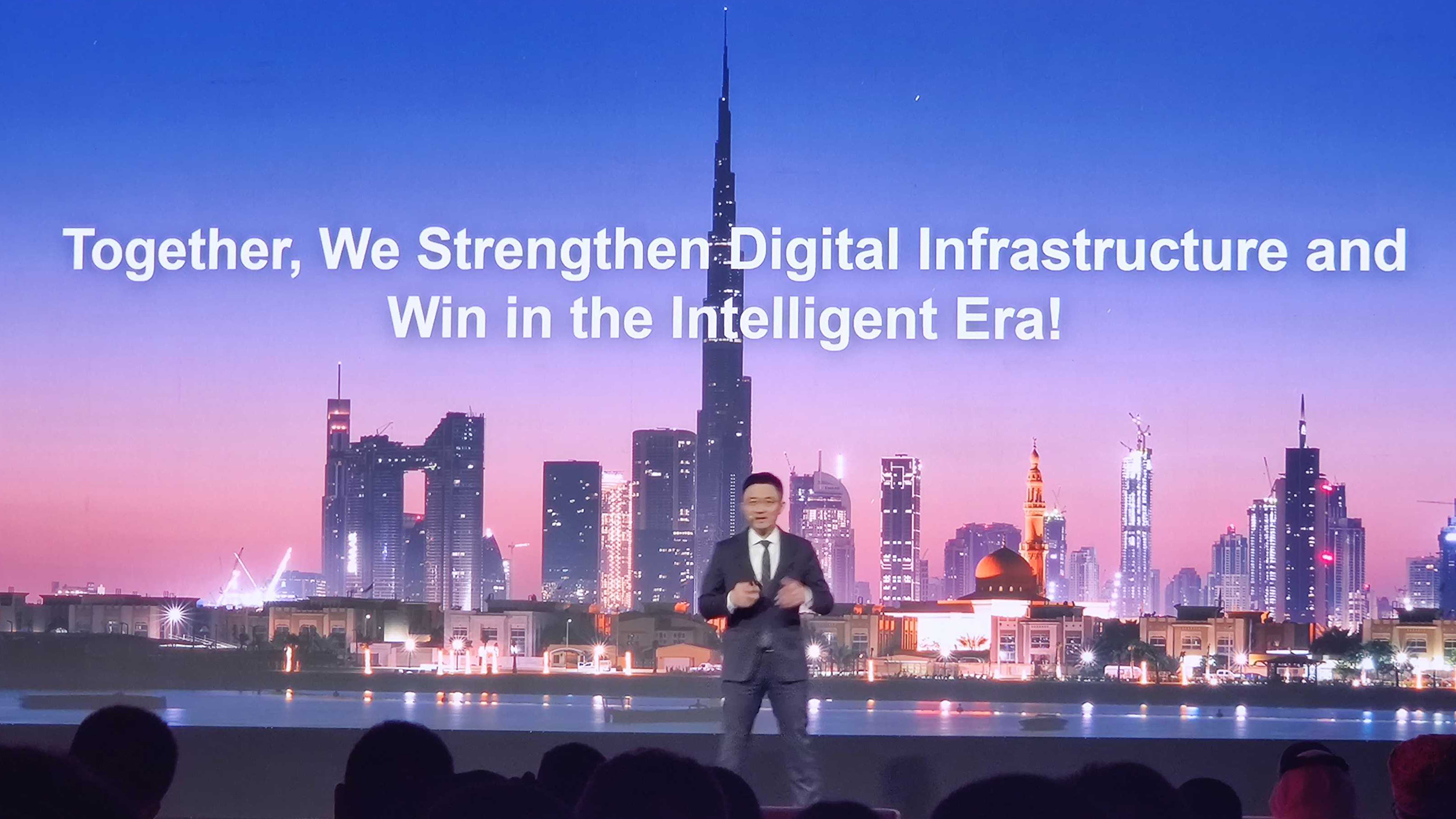

The tech sector has entered a new stage of digital transformation, according to Huawei, with AI, 5G, and quantum computing all fueling a new ‘intelligent transformation’ in industries around the world.
At Gitex Global in Dubai, Huawei hosted its Industrial Digital and Intelligent Transformation showcase, in which Leo Chen, corporate SVP and president of Enterprise Sales at Huawei, outlined what he described as the fourth industrial revolution.
“We are approaching a productivity revolution powered by the latest innovations brought about in the fourth industrial revolution,” he declared.
This transformation is underpinned by technologies such as AI, 5G advanced, cloud computing, and smart manufacturing through robotics. Chen noted that quantum computing, which some experts project could be a reality within the next five to ten years, will eventually play a role.
Huawei thinks it can be an integral part of accelerating this change with its full-stack network, storage, computing, and cloud capabilities.
As well as its AI-ready infrastructure, Huawei has also touted its open reference architecture for intelligent transformation projects, which it released last year and has already been used to develop a variety of industry-specific solutions.
Fourth industrial revolution frontrunners and laggers
Regardless of how one defines Industry 4.0, firms will be keen to harness the efficiencies made possible by the implementation of these technologies. Huawei teamed up with IDC to gauge where the global industry is along this transformation journey.
Sign up today and you will receive a free copy of our Future Focus 2025 report - the leading guidance on AI, cybersecurity and other IT challenges as per 700+ senior executives
The Global Digitalization Index (GDI) released in late September, was established to quantify the digital transformation process of each country, measuring the progress of 77 countries using 42 indicators broken down into what it defines as the four crucial enablers for the intelligent transformation.
The GDI formalized these four enablers using the following categories: ubiquitous connectivity, digital foundation, green energy, and the nation’s policy ecosystem.
Ubiquitous connectivity refers to the country’s existing level coverage for fiber, 4G/5G, IPv6 deployments, as well as the IoT install base in the region.
The digital foundation category looks at the country’s investment in data centers, cloud, computing power, and advanced storage, all key pillars for the deployment of technology like AI.
The report also looked at each nation’s renewable electricity investment ratio and utilization rate, as well as its green energy policy. Other important factors that impact a country’s intelligent transformation include its investment in IT, E-commerce volume, STEM graduate ratio, and the number of startups it has.
The ‘frontrunners’ in the GDI were the US with a score of 78.8, followed by Singapore, Sweden, Finland, Denmark, and Switzerland, which all scored above 70. The UK, also considered a frontrunner under the GDI’s criteria was ranked at number 11 with a score of 66.8.
The ‘starters’ label was assigned to the worst-scoring 24 countries, with Tanzania, Bangladesh, Namibia, Uganda, and Ghana all scoring well below 30. The report put this down to gaps in the countries' mobile broadband coverage, fiber access, and a need to “enhance connectivity in every aspect and give more people access to the digital economy”.
Accelerating the intelligent transformation
The report noted that over 170 countries have released national strategies for their digital and intelligent transformation, but are still struggling with questions about how to measure the ROI on investments they make into digital infrastructure.
This thinking goes against the results included in GDI, which found that every dollar of investment in digital transformation projects results in an $8 dollar return in terms of the country's digital economy.
During his keynote presentation, David Shi, VP of ICT marketing and solution sales at Huawei, said the firm had identified two critical accelerators for digital and intelligent transformation across various industries.
These are boosting the popularization of the new technologies underpinning the new era of business transformation, and accelerating monetization.
RELATED WHITEPAPER

The popularization piece is already well underway, and Huawei said it plans on continuing this journey using its ‘four easies’ strategy, which entails making their products and services easy to integrate, easy to access, easy to use, and easy to evolve.
For example, Shi talked about the importance of building standardized interfaces that are easy to customize.
“We cannot do everything [using Huawei] and benefit all customers in all industries, so that’s why it’s important we work with ecosystem partners, if we can realize these four ‘easies’ we believe, together with our partners, Huawei can really realize popularization.”

Solomon Klappholz is a former staff writer for ITPro and ChannelPro. He has experience writing about the technologies that facilitate industrial manufacturing, which led to him developing a particular interest in cybersecurity, IT regulation, industrial infrastructure applications, and machine learning.
-
 Trump's AI executive order could leave US in a 'regulatory vacuum'
Trump's AI executive order could leave US in a 'regulatory vacuum'News Citing a "patchwork of 50 different regulatory regimes" and "ideological bias", President Trump wants rules to be set at a federal level
-
 TPUs: Google's home advantage
TPUs: Google's home advantageITPro Podcast How does TPU v7 stack up against Nvidia's latest chips – and can Google scale AI using only its own supply?
-
 US data center power demand forecast to hit 106GW by 2035, report warns
US data center power demand forecast to hit 106GW by 2035, report warnsNews BloombergNEF research reveals a sharp 36% jump in energy forecasts as "hyperscale" projects reshape the American grid
-
 UK channel firms are ‘leading the way’ in AI networking readiness
UK channel firms are ‘leading the way’ in AI networking readinessNews Westcon-Comstor's latest research reveals that 43% of UK partners now offer AI-integrated network services as fresh opportunities beckon
-
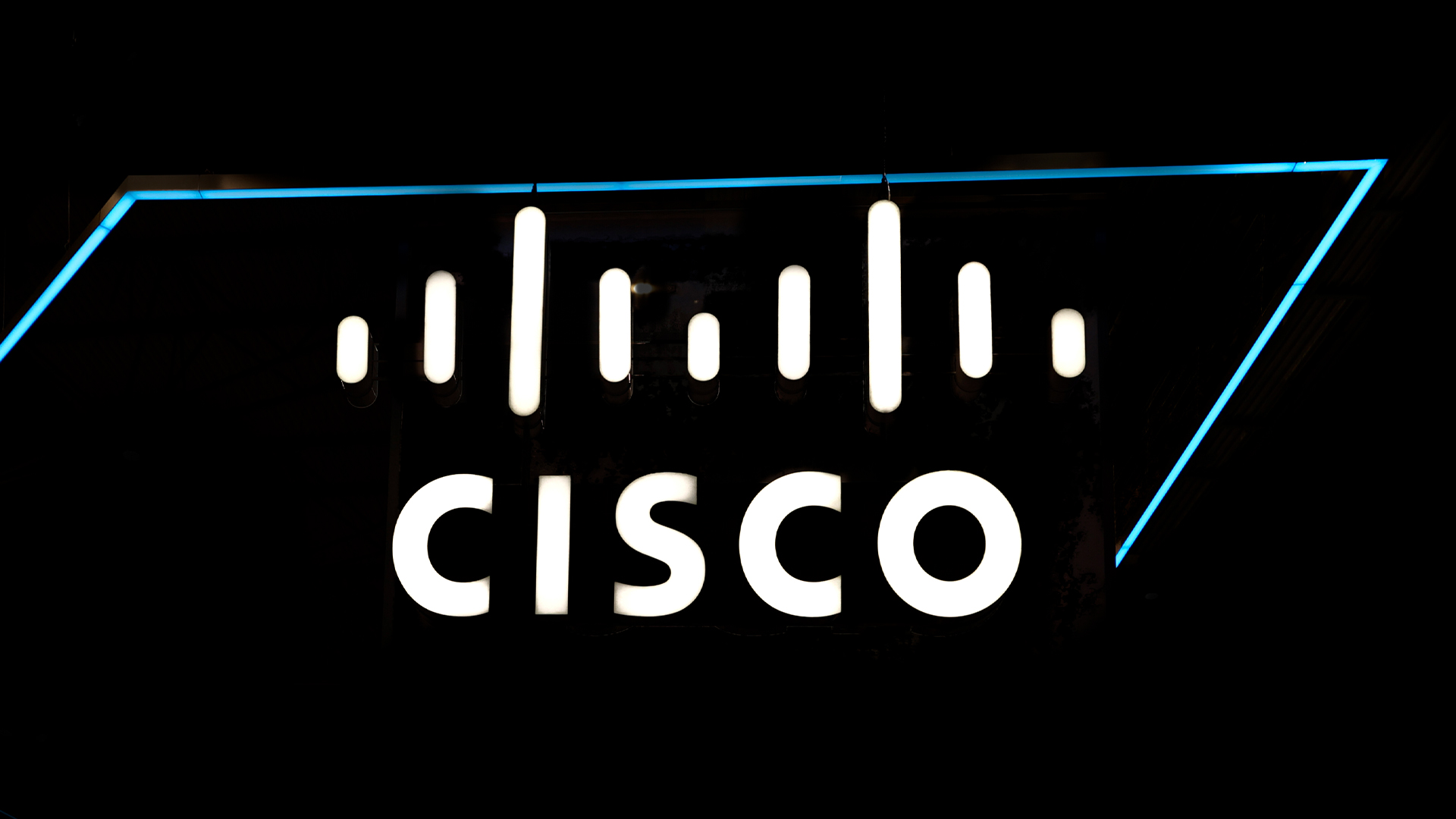 Cisco wants to take AI closer to the edge
Cisco wants to take AI closer to the edgeNews The new “integrated computing platform” from Cisco aims to support AI workloads at the edge
-
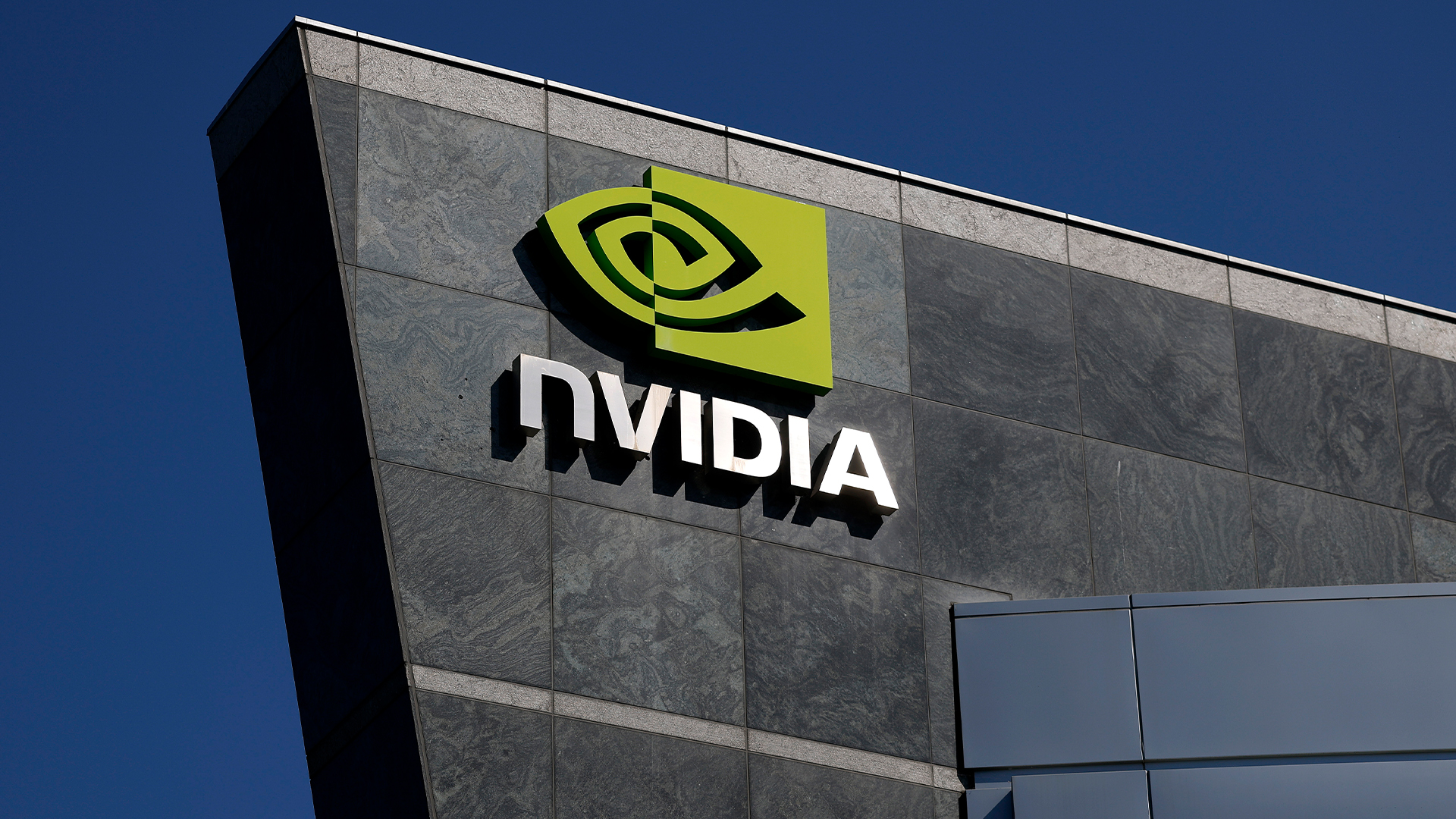 UK to host largest European GPU cluster under £11 billion Nvidia investment plans
UK to host largest European GPU cluster under £11 billion Nvidia investment plansNews Nvidia says the UK will host Europe’s largest GPU cluster, totaling 120,000 Blackwell GPUs by the end of 2026, in a major boost for the country’s sovereign compute capacity.
-
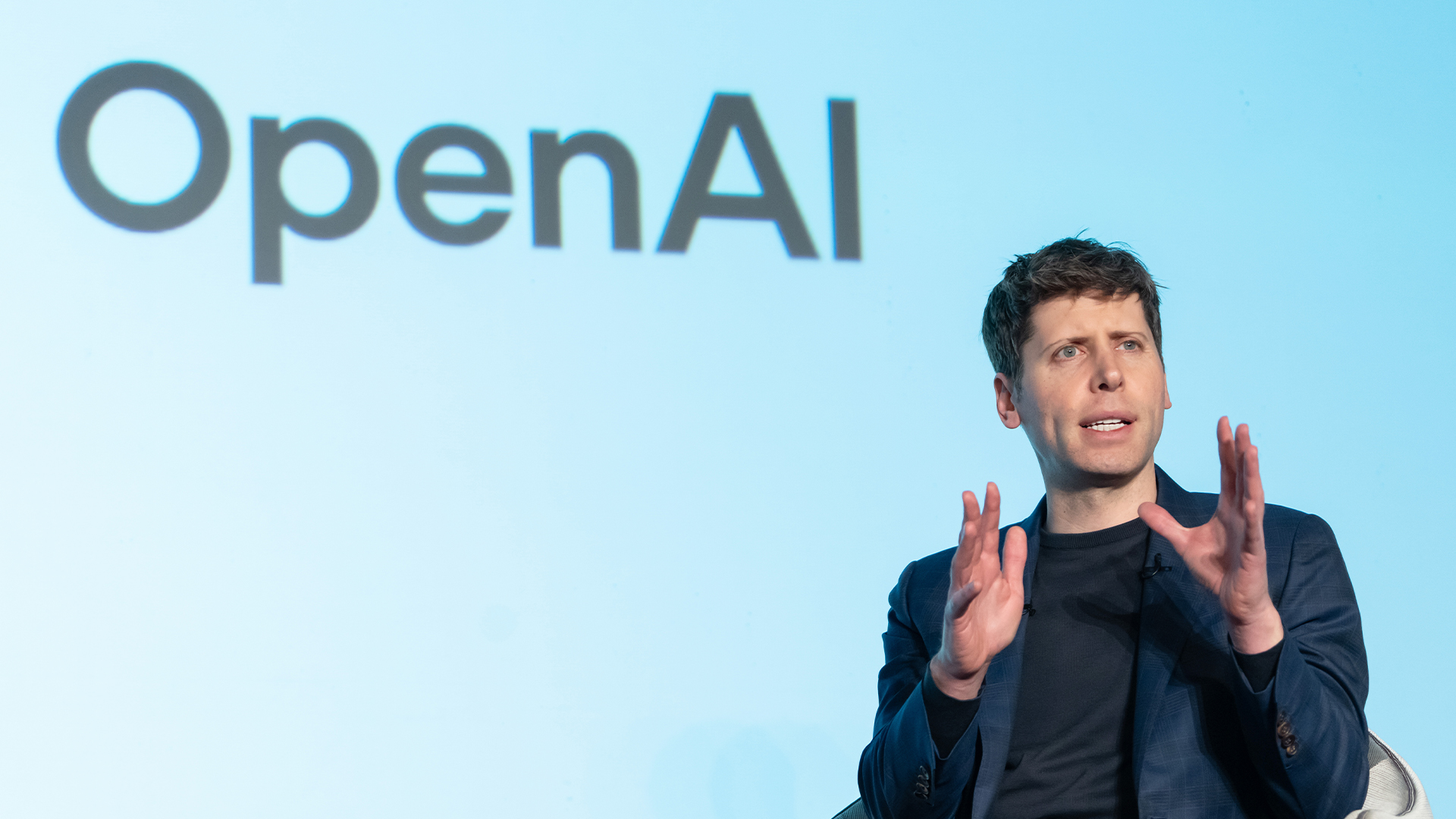 OpenAI is teaming up with Nscale and Aker to build Europe's first AI gigafactory – 'Stargate Norway' is set to host 100,000 Nvidia GPUs and will be powered by renewable energy
OpenAI is teaming up with Nscale and Aker to build Europe's first AI gigafactory – 'Stargate Norway' is set to host 100,000 Nvidia GPUs and will be powered by renewable energyNews Stargate Norway aims to have 100,000 Nvidia processors up and running by the end of next year
-
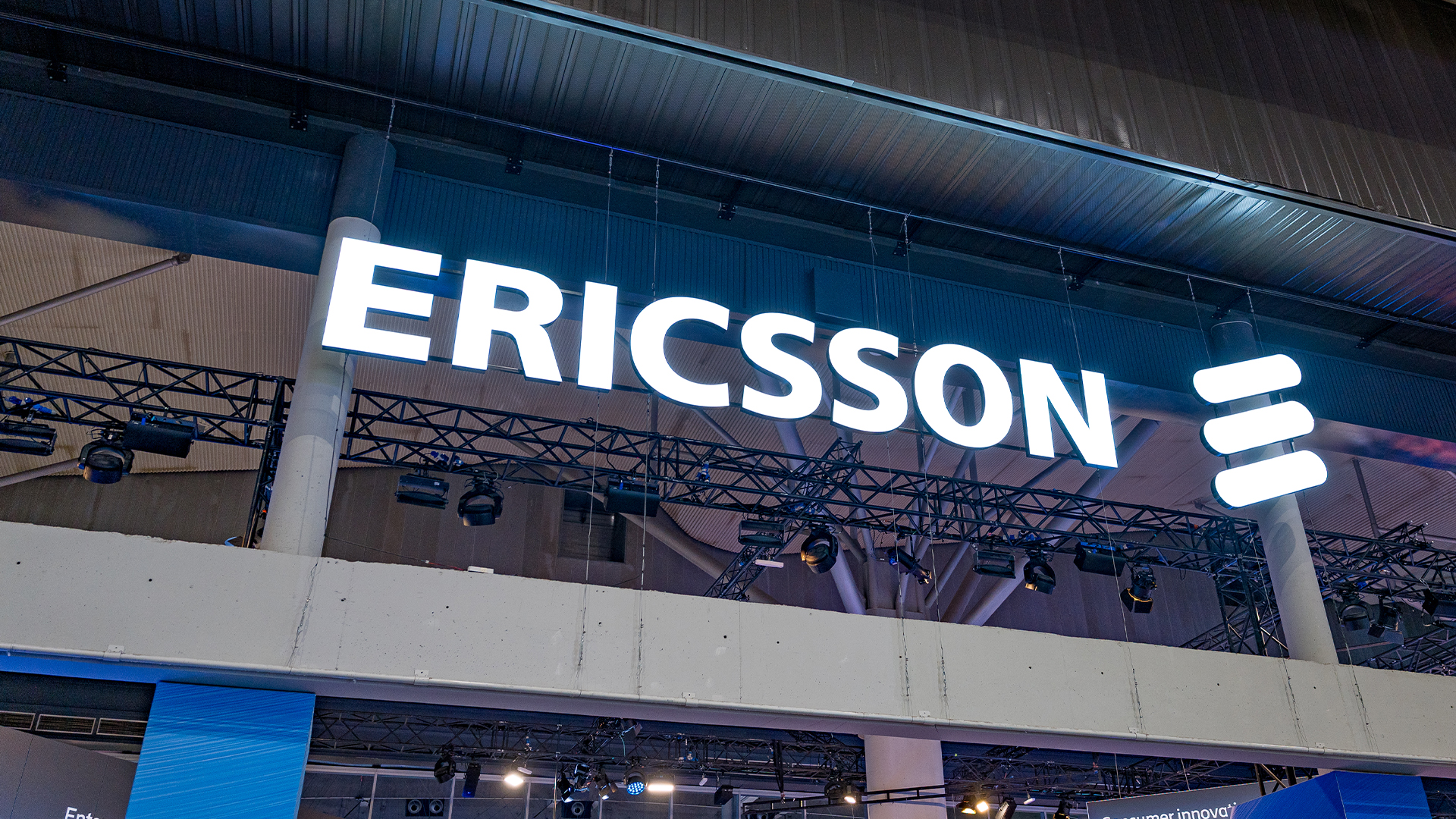 Three and Ericsson just launched a first-of-its-kind managed 5G service for businesses
Three and Ericsson just launched a first-of-its-kind managed 5G service for businessesNews The new 5G service looks to supercharge business connectivity across Ireland
-
 So much for data sovereignty — AI infrastructure is dominated by just a handful of countries
So much for data sovereignty — AI infrastructure is dominated by just a handful of countriesNews Oxford researchers suggest AI infrastructure will decide a nation's global impact in the future, just as oil production has over the last few decades.
-
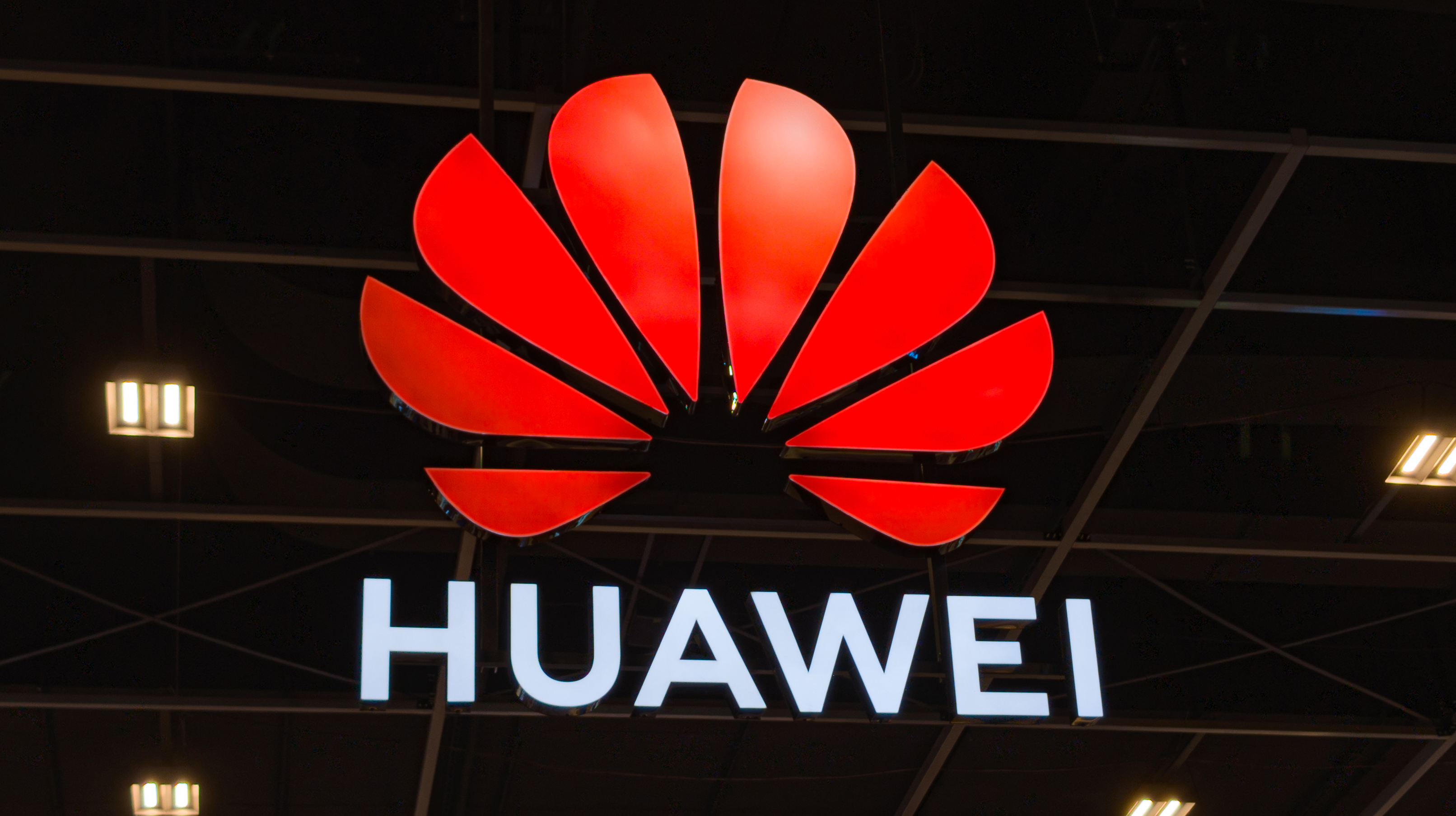 Huawei is all in on flash storage – but it faces some stiff competition
Huawei is all in on flash storage – but it faces some stiff competitionAnalysis The data storage and networking giant is betting on its agility to tempt customers